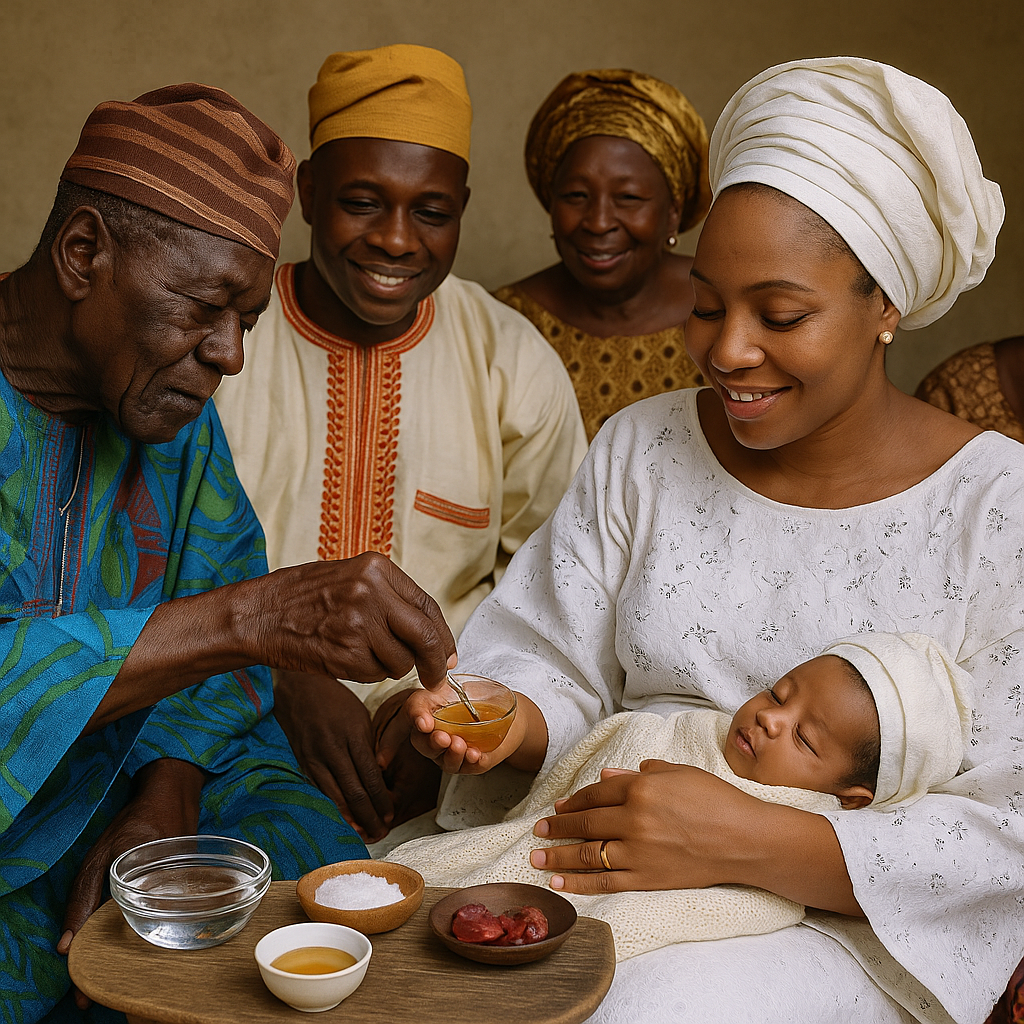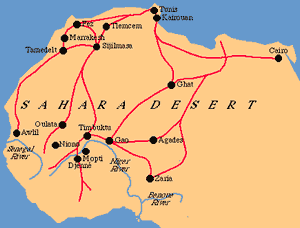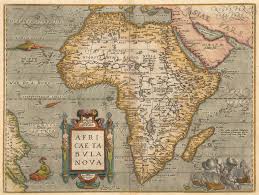The Essence of Yoruba Naming Ceremonies: A Celebration of Identity, Spirit, and Culture

The Essence of Yoruba Naming Ceremonies: A Celebration of Identity, Spirit, and Culture
Discover the essence of Yoruba naming ceremonies, a heartfelt tradition that celebrates identity, spiritual meaning, and the deep cultural values of the Yoruba people.
In Yoruba culture, the birth of a child is not just a family event; it is a deeply spiritual and communal celebration. At the heart of this celebration lies the Ìkosèwà, the traditional Yoruba naming ceremony, which takes place on the seventh day after the birth of a child. Far more than a simple act of assigning a name, the Yoruba naming ceremony is a powerful ritual that defines a child’s spiritual journey, social identity, and ancestral connection.
More Than Just a Name
In Yoruba belief, names carry power. A child’s name is not chosen randomly or for aesthetic reasons alone. It is tied to circumstance, lineage, destiny, and often, to events surrounding the child’s birth. For example:
- A child born after twins may be named Idowu.
- A baby born during hardship might be named Abosede (“born on the first day of the week” — symbolic of new beginnings).
- A child believed to have returned after a previous death might receive names like Babatunde (“Father has returned”) or Yetunde (“Mother has returned”).
The Ceremony: A Spiritual Gathering
Held early in the morning, usually in the family compound, the naming ceremony is led by elders, often with the presence of a Babaláwo (Ifa priest), traditional rulers, and extended family. The child is placed on the laps of several respected elders, symbolizing the community’s collective blessing and responsibility.
The child is then given multiple names:
- Orúko àmútọ̀runwá (Name from the spirit world): believed to be the name the child bore before reincarnation.
- Orúko àbísọ (Given name): based on birth circumstances.
- Oríkì (Praise name): poetic lines that celebrate family heritage and inspire the child.
- Pet names or affection names, often short forms like Leke (from Olalekan) or Seyi (from Oluwaseyi).
Sacred Rituals and Symbolism
Each item used in the ceremony carries spiritual significance:
- Water represents life and clarity.
- Honey and sugarcane symbolize sweetness in life.
- Palm oil signifies smoothness and spiritual fortification.
- Kolanut and salt invoke wisdom and preservation.
- Alligator pepper is associated with resilience and ancestral connection.
Each of these is tasted by the child, often with the elder saying: “This is honey, may your life be sweet.”
The Role of the Father and Community
Traditionally, the father invites family and friends to the ceremony. In some lineages, it is his responsibility to announce the child's names, although in many cases, this is delegated to the family’s spokesperson or a trusted elder.
The entire community is welcome, reflecting the Yoruba belief that a child is raised not only by parents but by the village.
Songs, Drums, and Dance
Naming ceremonies are not somber events. They are joyful, filled with:
- Talking drums (Ìlù Gángan) echoing praise names
- Songs in call-and-response format celebrate the lineage and welcome the child
- Traditional dances by women and elders to express thanksgiving
Evolution in Modern Times
While many urban Yoruba families now perform a modified version of the naming ceremony, the essence remains intact. Churches and mosques may now be involved, and names often include both Yoruba and English elements, such as Samuel Babajide Ogunleye or Aisha Morounkeji Abdulrahman.
Why the Ceremony Still Matters
In a time when cultural erosion is real, the Yoruba naming ceremony stands as a reminder of the importance of identity, community, and ancestral connection. It is not just the child who is named; it is the lineage that is reaffirmed and the culture that is preserved.


